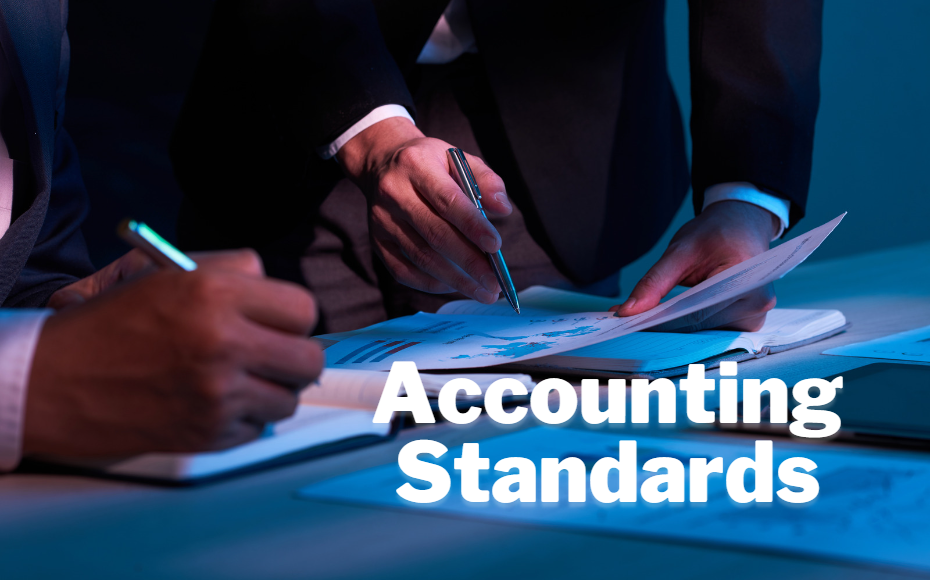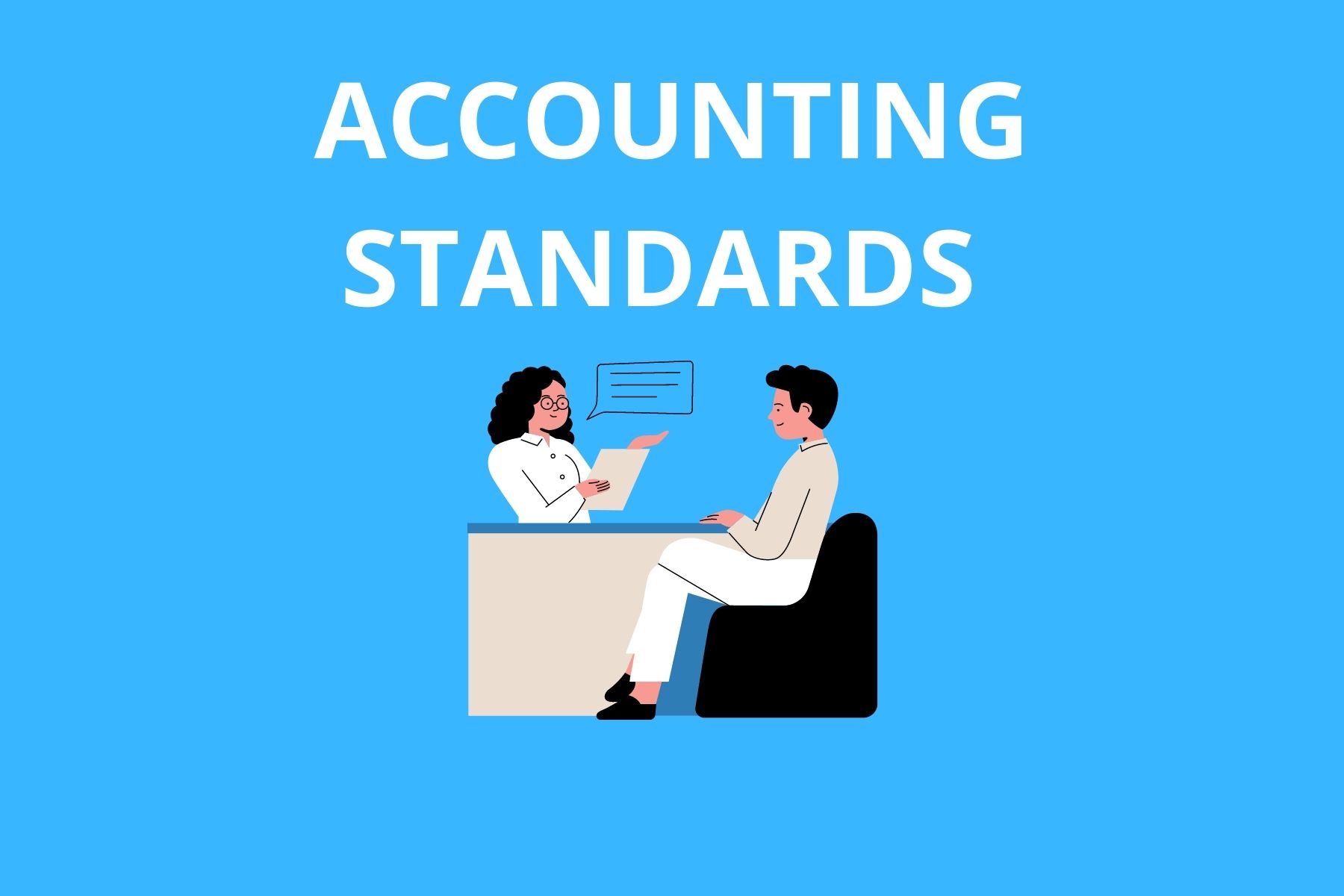Introduction
In today's fast-paced and ever-evolving business environment, understanding accounting standards and practices is crucial for anyone involved in finance, business management, or entrepreneurship. Accounting standards provide a framework for financial reporting, ensuring consistency, transparency, and comparability across different organizations and industries. At Al Mithaq Institute, we offer a range of courses designed to help you master these essential skills, whether you're a seasoned professional or just starting your career in accounting.
This article will delve into the intricacies of accounting standards and practices, exploring their importance, the different types of standards, and how they impact financial reporting. We'll also discuss the benefits of pursuing a diploma in accounting from Al Mithaq Institute, where our expert faculty and comprehensive curriculum will equip you with the knowledge and skills needed to excel in this field.
The Importance of Accounting Standards
Ensuring Consistency and Comparability
One of the primary reasons accounting standards are essential is that they ensure consistency and comparability in financial reporting. When companies follow the same set of rules and guidelines, it becomes easier for investors, creditors, and other stakeholders to compare financial statements across different organizations. This comparability is crucial for making informed decisions about investments, lending, and other financial activities.
Enhancing Transparency
Transparency is another critical aspect of financial reporting. Accounting standards require companies to disclose relevant financial information in a clear and understandable manner. This transparency helps build trust between companies and their stakeholders, as it provides a clear picture of the company's financial health and performance.
Facilitating Global Trade and Investment
In an increasingly globalized economy, accounting standards play a vital role in facilitating international trade and investment. By adhering to internationally recognized accounting standards, companies can attract foreign investors and expand their operations across borders. This global consistency in financial reporting also helps reduce the risk of misunderstandings and disputes between parties from different countries.
Types of Accounting Standards
Generally Accepted Accounting Principles (GAAP)
GAAP is a set of accounting standards widely used in the United States. These standards are established by the Financial Accounting Standards Board (FASB) and are designed to ensure consistency and comparability in financial reporting. GAAP covers a wide range of topics, including revenue recognition, asset valuation, and financial statement presentation.
International Financial Reporting Standards (IFRS)
IFRS is a set of accounting standards developed by the International Accounting Standards Board (IASB). These standards are used in over 140 countries, making them the most widely adopted accounting standards globally. IFRS aims to create a common language for financial reporting, enabling companies to present their financial statements in a consistent and comparable manner across different jurisdictions.
Other National and Regional Standards
In addition to GAAP and IFRS, many countries have their own national or regional accounting standards. For example, the United Kingdom uses UK GAAP, while Canada has its own set of standards known as Canadian GAAP. These standards are often similar to IFRS but may include specific requirements tailored to the local business environment.
Key Accounting Practices
Revenue Recognition
Revenue recognition is a critical aspect of financial reporting, as it determines when and how revenue is recorded in the financial statements. Accounting standards provide specific guidelines on revenue recognition, ensuring that companies report revenue in a consistent and accurate manner. Proper revenue recognition is essential for providing a true and fair view of a company's financial performance.
Asset Valuation
Asset valuation involves determining the value of a company's assets, such as property, equipment, and inventory. Accounting standards provide guidelines on how to value these assets, ensuring that they are reported at their fair value. Accurate asset valuation is crucial for providing a clear picture of a company's financial position and for making informed decisions about investments and lending.
Financial Statement Presentation
Financial statement presentation refers to the way a company's financial information is organized and presented in its financial statements. Accounting standards provide specific requirements for the presentation of financial statements, including the format and content of the balance sheet, income statement, and cash flow statement. Proper financial statement presentation is essential for ensuring that stakeholders can easily understand and analyze a company's financial performance.
Auditing and Assurance
Auditing and assurance are critical components of financial reporting, as they provide an independent assessment of a company's financial statements. Accounting standards require companies to have their financial statements audited by an independent auditor, who provides an opinion on whether the financial statements are presented fairly and in accordance with the applicable accounting standards. This assurance helps build trust between companies and their stakeholders.
The Role of Technology in Accounting
Automation and Efficiency
Technology has revolutionized the field of accounting, enabling companies to automate many of their accounting processes. Automation not only increases efficiency but also reduces the risk of errors, ensuring that financial statements are accurate and reliable. At Al Mithaq Institute, we offer courses on the latest accounting software and technologies, helping you stay ahead in this rapidly evolving field.
Data Analytics and Business Intelligence
Data analytics and business intelligence are becoming increasingly important in accounting, as they enable companies to analyze large volumes of financial data and gain valuable insights into their performance. Accounting standards are evolving to incorporate these technologies, requiring companies to disclose more detailed and granular financial information. Our courses at Al Mithaq Institute cover the latest trends in data analytics and business intelligence, equipping you with the skills needed to leverage these technologies in your accounting practice.
Blockchain and Cryptocurrency
Blockchain and cryptocurrency are emerging technologies that are beginning to impact the field of accounting. Blockchain technology offers a secure and transparent way to record financial transactions, while cryptocurrency presents new challenges and opportunities for financial reporting. At Al Mithaq Institute, we offer courses on blockchain and cryptocurrency, helping you understand how these technologies are shaping the future of accounting.
The Benefits of Pursuing a Diploma in Accounting from Al Mithaq Institute
Expert Faculty
At Al Mithaq Institute, our faculty members bring over a decade of professional experience in accounting and finance. They combine academic excellence with practical knowledge, providing you with a comprehensive understanding of accounting standards and practices. Our faculty is dedicated to delivering insightful education and engaging training courses, ensuring that you gain the skills and knowledge needed to excel in your career.
Comprehensive Curriculum
Our diploma programs in accounting cover a wide range of topics, from basic accounting principles to advanced financial reporting and analysis. Whether you're looking to enhance your skills in financial accounting, tax accounting, or cost accounting, our courses are designed to meet your needs. We also offer specialized courses in areas such as auditing, financial analysis, and corporate taxation, ensuring that you have the expertise needed to succeed in today's competitive business environment.
Flexible Learning Options
We understand that our students have diverse needs and schedules, which is why we offer flexible learning options. Whether you prefer to study online or in person, our programs are designed to accommodate your lifestyle. Our online courses provide the same high-quality education as our in-person classes, with the added convenience of studying from anywhere at any time.
Internationally Recognized Certifications
Our diplomas in accounting are recognized both locally and internationally, enhancing the credibility and value of your certification. Whether you're looking to advance your career in the UAE or abroad, our programs will provide you with the qualifications needed to achieve your goals. Our partnership with Leeds International College, UK, ensures that our courses meet the highest international standards, giving you a competitive edge in the global job market.
Career Support and Networking Opportunities
At Al Mithaq Institute, we are committed to your success not only during your studies but also after you graduate. We offer career support services, including resume writing, interview preparation, and job placement assistance. Our extensive network of industry contacts provides valuable networking opportunities, helping you connect with potential employers and advance your career in accounting.
Conclusion
Accounting standards and practices are the foundation of financial reporting, ensuring consistency, transparency, and comparability across different organizations and industries. Understanding these standards is essential for anyone involved in finance, business management, or entrepreneurship. At Al Mithaq Institute, we offer a range of courses designed to help you master these essential skills, whether you're a seasoned professional or just starting your career in accounting.
Our expert faculty, comprehensive curriculum, and flexible learning options make Al Mithaq Institute the ideal choice for anyone looking to enhance their accounting knowledge and skills. With internationally recognized certifications and career support services, our programs provide you with the qualifications and opportunities needed to succeed in today's competitive business environment.
If you're ready to take the next step in your accounting career, we invite you to explore our diploma programs and enroll in a course today. Visit our website at https://almithaqinstitute.com/ to learn more about our courses and how we can help you achieve your professional goals.







